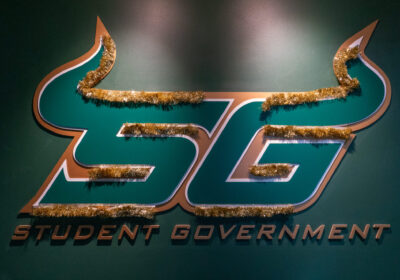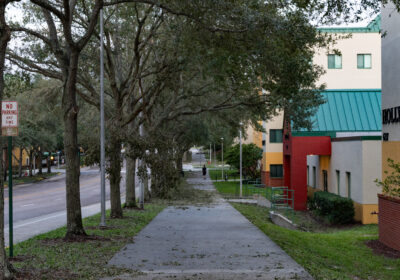Behind Banned Books Week
For one week each year, Banned Books Week (BBW) honors all books that have been challenged or banned from schools, libraries or reading lists.
According to the American Library Association (ALA), a sponsor of BBW, the week runs from Sept. 26 to Oct. 3 this year and “stresses the importance of ensuring the availability of unorthodox or unpopular viewpoints for all who wish to read and access them.”
BBW began to shine the light of literary freedom in 1982, when there seemed to be more uproar about the content of books published at the time. Books can be challenged for a number of reasons, including sexuality, racism, religious persecution and profanity.
Anyone can challenge a book’s content through a request for removal to the venue where that book is found, but parents make up the majority of challenges. In most documented cases, the county where the complaint originated will form a committee of parents, teachers and students to determine the fate of the book. Usually, their status will go unchanged.
In extreme cases, though, a challenge can lead to a ban. Through history, institutions and governments have banned controversial essays and novels – but BBW focuses on the smaller threat of schools and county boards.
In two separate cases around the time BBW was started, a Missouri library and the Anchorage School Board even banned the American Heritage Dictionary because it contained “objectionable” words.
More recently, in 2008, the teen novel “TTYL” was banned from middle school libraries throughout the Round Rock Independent School District in Texas for mature themes, despite a committee recommending they remain on the shelves.
In 2008 alone, 513 books were challenged, ccording to bannedbooksweek.org. Many of these have been featured in Radcliffe Publishing’s list of the Top 100 Novels of the 20th Century.
From different age groups, time periods and genres, there seems to be no pattern as to what is challenged each year.
In 2008, innocent children’s books were challenged, like “And Tango Makes Three,” a true story about penguins that became same-sex parents. The book was the most challenged last year.
Award-winning novels like Pulitzer Prize-winner “To Kill a Mockingbird” have been challenged continuously and banned for racial themes.
Even the world-renowned and popular “Harry Potter” series made its way to the challenge lists.
For a full list of challenged and banned books, visit banned-books.com.






